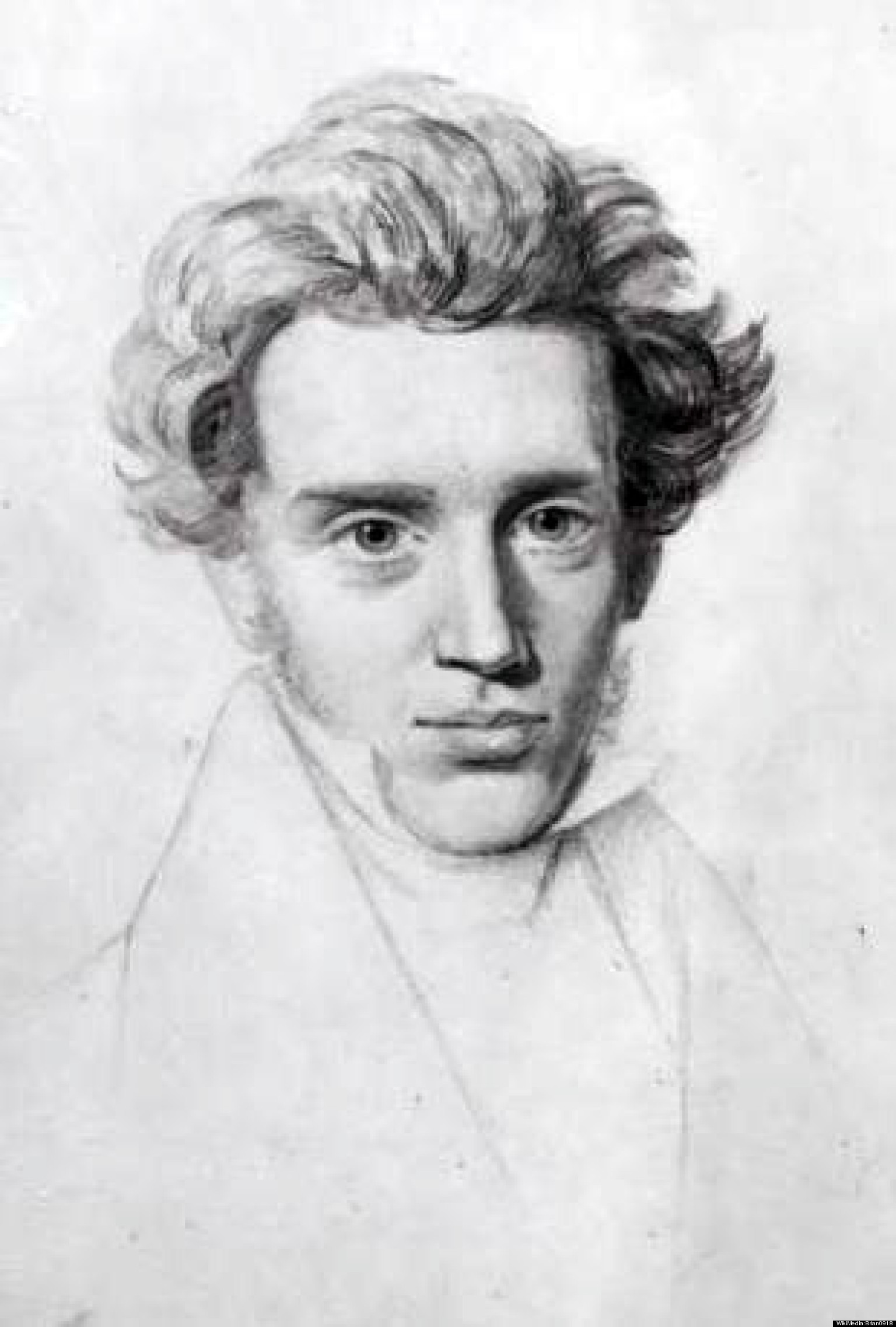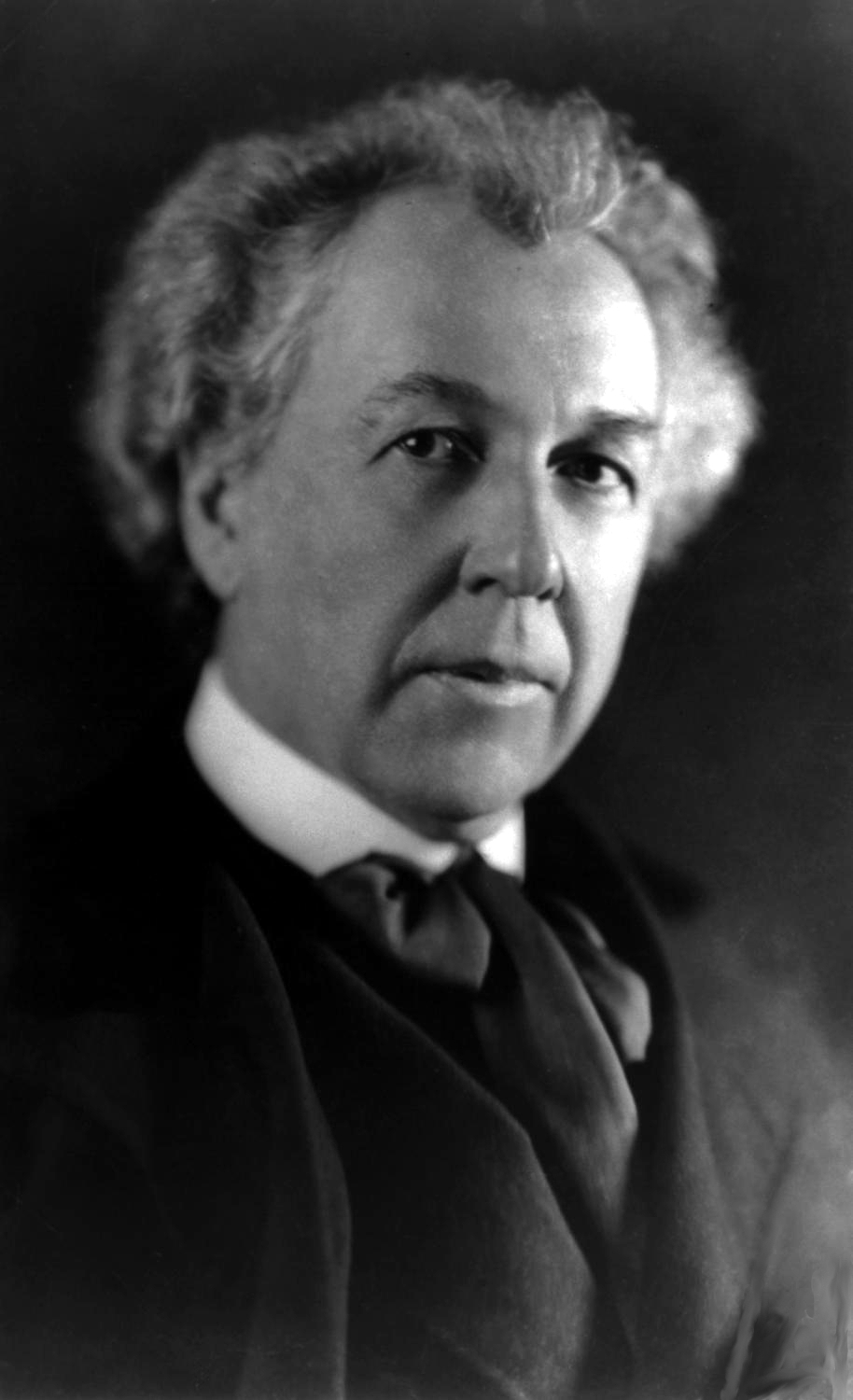Abdullah Ibrahim Trio: Water from an Ancient Well. (1997)
1997 | Abdullah Ibrahim: Piano | Marcus McLaurine: Bass | George Gray: Drums | Feya Faku (Guest): Trumpet | Recorded live at Spier Estate, Cape Town, South Africa on 13.12.97
1997 | Abdullah Ibrahim: Piano | Marcus McLaurine: Bass | George Gray: Drums | Feya Faku (Guest): Trumpet | Recorded live at Spier Estate, Cape Town, South Africa on 13.12.97

19th C American psychologist and philosopher William James (brother of novelist and writer Henry James), pioneered pragmatism and set the tone for much of subsequent 20th C philosophy. In laying the foundations of pragmatism, he, arguably, seeded the first American indigenous school of thought. One of quite a few brilliant Harvard intellectuals of his time, James’s background in medical school and psychology prompted him to engage with philosophical problems with an anti-idealist stance of radical empiricism while abandoning the search for absolutes. In his optimism and ‘commonsensical’ rigor he theorized that reality is whatever we make it, and that universal principles are to be ‘militantly’ questioned. In this engaging (and entertaining) lecture at the Peninsula College (Port Angeles, Washington, USA), Prof. Wesley Cecil lays out the formative years of William James along with elucidating some of the key approaches and positions in his pragmatic philosophy. Listen in. Read More…
Wayne Shorter: Tenor saxophone | Reggie Workman: Bass | Herbie Hancock: Piano | Joe Chambers: Drums

Danish thinker Søren Kierkegaard certainly remains one of the rebels and emphatic iconoclasts of 19th C Europe. An unorthodox writer and thinker of wit and elegance, imaginative, God-faith oriented and equipped with a melancholic bent while straddling a broad range of authorial positions (as is known, much of his influential work was published using pseudonyms) – his earliest publications ‘Either/Or’ (Feb 1843) and ‘Fear and Trembling’ (Oct 1843) I found a bit tricky to unpick, to say the least, as it became difficult to place Kierkegaard precisely in relation to the likes of ‘Victor Eremita’, ‘Judge Vilhelm’ and ‘Johannes de silentio’. I revisited Kierkegaard through my readings on ethics, especially through Wittgenstein’s interest in Kierkegaard, with Wittgenstein voicing that “Kierkegaard was by far the most profound thinker of the last century….”. Indeed, Kierkegaard, remarkably laid the foundations of ‘Existentialism‘ which emerged as a philosophical movement many decades after him, only in the early to mid 20th C. In his conscious opposition to the prevailing assumptions and conventions of his age (his antipathy and hostility to the Church and the academic establishment, professors inclusive, is well known) and in his crucial contentions about the human condition (of doubt, faith, love, spirit, flesh, paradox, choice), Kierkegaard remains relevant to this day. Read More…
Ramsey Lewis: Piano | Eldee Young: Bass, Cello | Issac “Red” Holt: Drums. Recorded live at the ‘Bohemian Caverns’, Washington, D.C., USA
Art Farmer: Trumpet | Benny Golson: Tenor Saxophone | Curtis Fuller: Trombone | McCoy Tyner: Piano | Addison Farmer: Bass | Lex Humphries: Drums
1962 | Stan Getz: Tenor Saxophone | Charlie Byrd: Guitar | Keter Betts: Bass | Buddy Deppenschmidt: Drums | Bill Reichenbach Sr.: Percussion
1967 | Stan Getz: Tenor Sax | Chick Corea: Piano | Ron Carter: Bass | Grady Tate: Drums
1993 | John Patitucci: Bass Guitar | Oumar Toure: Bongos, Chorus | Jim Keltner: Drums | Hamma Sankare: Percussion [Calabash] | Ry Cooder: Slide Guitar [Electric], Mandolin | Clarence “Gatemouth” Brown: Viola | Ali Farka Toure: Vocals, Acoustic Guitar

By his own admission, Wright was the greatest architect of all time. In this interview recorded at the Plaza Hotel in New York City in 1956, he touches on various facets of his architectural vision, made intense by his ideas about the making of the human spirit. More than any other modernist, he went through several distinct stylistic phases, and he does talk about his well known projects like the Unity Temple, Robie House, La Miniatura, and Falling Water. Rather than thinking of architecture as segmented, Wright perceived it as continuous and flowing, not as so many rooms added together but as a sculptable whole. He elaborates on his ideas of organic architecture, natural architecture, or “Architecture of Integrity”, integrity being the key expression. In this interview, some of his articulations do raise eyebrows, for example, he does appear to be sexist, and a ‘powerfreak’ of sorts, along with dropping gems like “Culture is an individual thing, culture is not for the crowd/herd”. His comparison of architecture and music is of interest though, and Ludwig van Beethoven seems to have played his part in inspiring some, if not all, of Wrights work. Listen in.